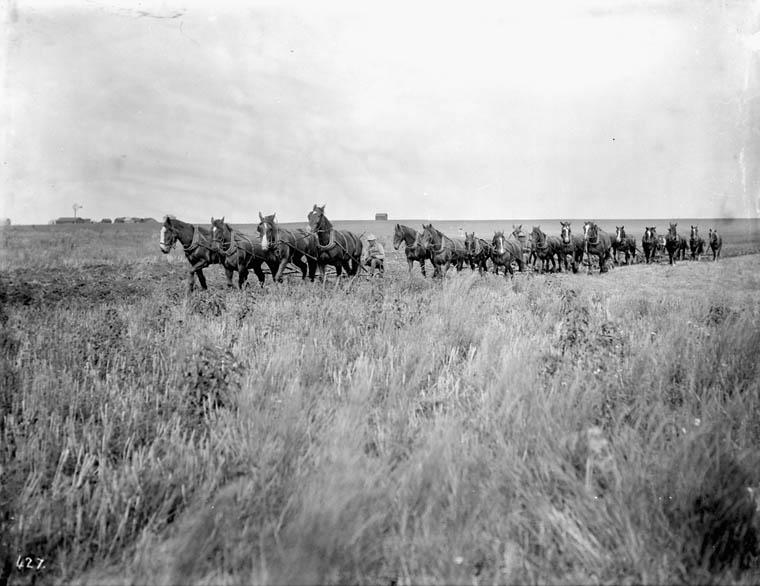 |
Transport train en route from Swift Current to Saskatchewan Landing with supplies for General Middleton and Lt. Col. Otter. Photo donated by Reg. No. 4072, ex-S/Sargeant White. |
 | ||
| Summer fallow ploughing on Indian Head farm of Francis, J. H. Credit: Topley Studio / Library and Archives Canada / PA-026134 |
No comments:
Post a Comment